From supportive parents dressed in the lucky color red to sporting legends offering their well wishes, the nationwide college entrance exam got underway on Wednesday with a record number of participants taking the test.
Such is the importance of the entrance exam, or gaokao, in shaping the futures and careers of candidates that family, friends, teachers and fellow students lined the entrances of some examination venues to urge the participants on.
In Jinan, Shandong province, a male senior high student surnamed Li wore a qipao — a traditional Chinese dress considered auspicious — to cheer on his peers. Li, who has already been recommended for admission to Sun Yat-sen University in Guangdong province, didn't need to take the entrance exam this year.
He said the qipao was his mother's, and she had intended to wear it for his gaokao. Li said while he felt a "little bit shy" wearing the dress he wanted to pass on his well wishes and good luck to his classmates.
Many tertiary institutions across China, including Tsinghua University and Renmin University of China, also sent their well wishes and greetings to the candidates via Sina Weibo.
The fame of the gaokao, considered one of the toughest college entrance exams in world, also drew the attention of English soccer great David Beckham. He posted a video on social media recently, saying that he knows the gaokao is very important for every Chinese student, and urged all the participants success with a cry of "Come on!" in Chinese.
The examination this year is the first since China optimized its COVID-19 response measures. A record 12.91 million examinees have signed up to participate in the gaokao this year, a year-on-year increase of 980,000, according to the Ministry of Education. It will last between two and four days, depending on the location.
However, just as anxious as the students about the life-altering exam were their parents, many of whom accompanied their children to the test venues dressed in the color red for good luck.
"We arrived at the test site around 7:30 am," said a mother in her 40s at an exam venue in Beijing.
"I feel more anxious and worried than my daughter herself. But I don't want to put more pressure on her."
She said her daughter wanted to be an art student and she had counseled her that "mastering a skill will be beneficial to her future employment".
Yan Zegang and his wife, both from Changsha, Hunan province, accompanied their daughter to the test venue and waited for her to finish the exam. "We prepared a red shirt and a qipao a month before the examination, hoping they will bring good luck to my little girl," Yan said.
The 47-year-old said the gaokao is quite important for every student in China and can pave the way for their futures.
"But I don't want my child to be too nervous about the test," he said. "I told her this morning to take the examination as a life adventure, and whatever the result may be she is always the best of our family."
Local authorities across the country implemented tailored policies this year allowing for the gaokao to proceed safely and securely after the optimization of COVID-19 measures.
For example, Shandong requires candidates to monitor their health for three days before the start of the exam. Those who test positive can take the test in a separate room.
In Beijing, some 6,600 police officers will be on duty every day during the exam to guarantee the security of 58,000 participants in the capital.
The Beijing Public Security Bureau said that it has opened 5,800 temporary parking lots for parents who drive their children to the exams. In addition, 546 construction sites near test centers have been told not to make noise during the exams. Before the exam started, the Ministry of Education asked local authorities to improve their services and supervision of transportation, accommodation and noise control to ensure the smooth running of the gaokao.
Local authorities are also required to offer services to candidates with difficulties or disabilities and be prepared for any emergencies such as extreme weather or natural disasters.
Meanwhile, education authorities have warned of serious penalties for cheating during this year's exam, with close attention paid to illicit use of electronic devices such as smartphones.











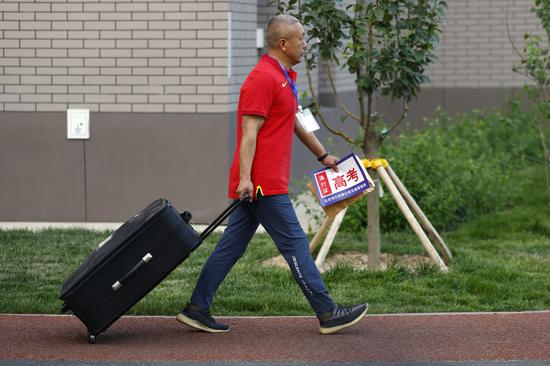


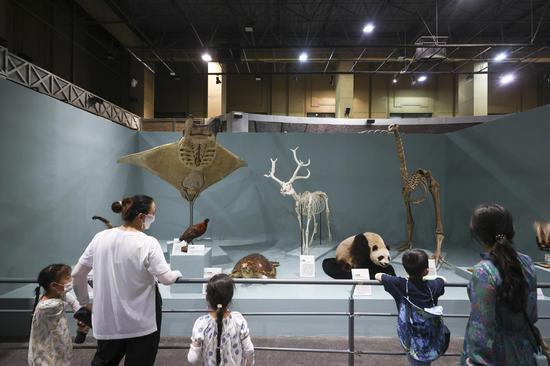
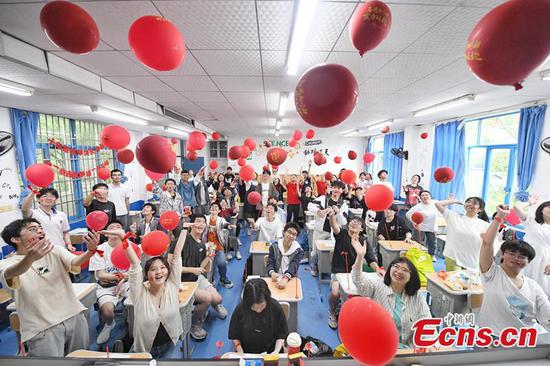

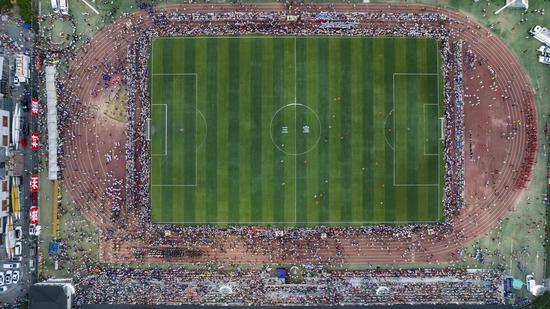

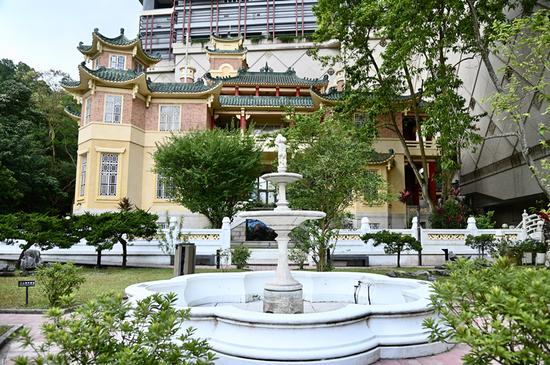


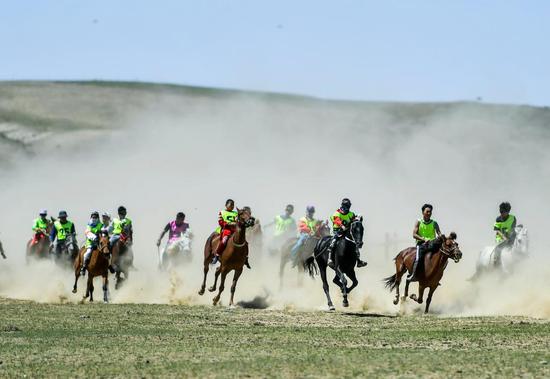

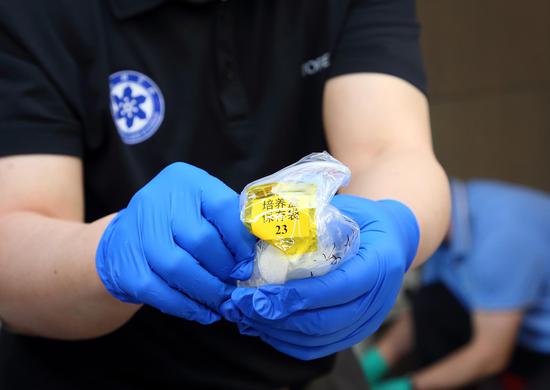
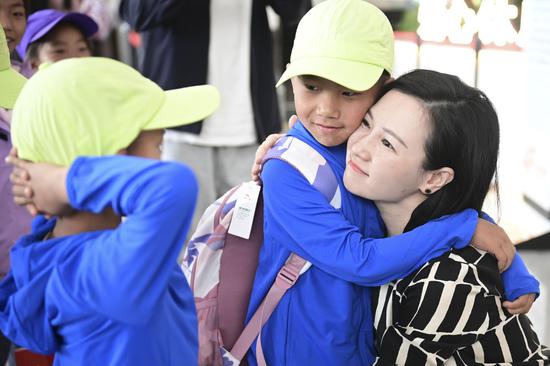
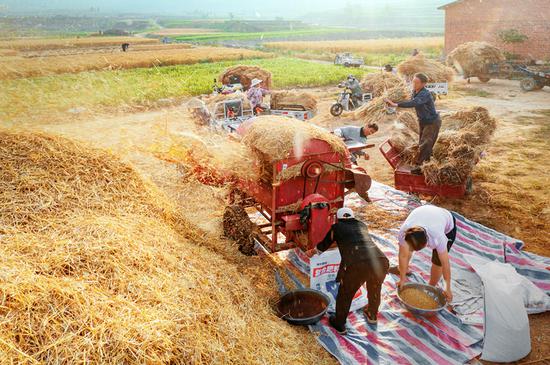


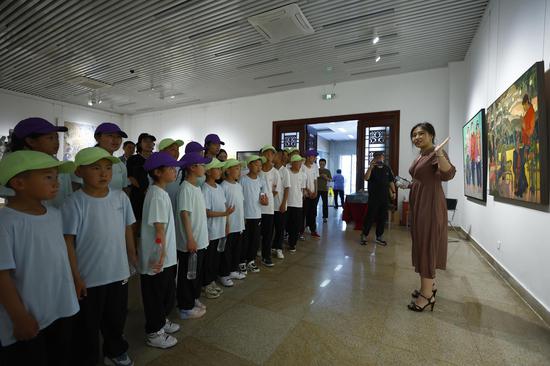


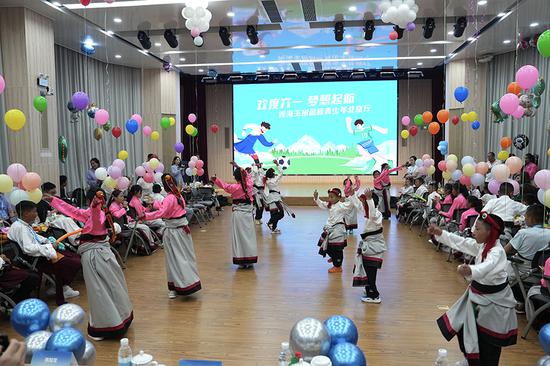
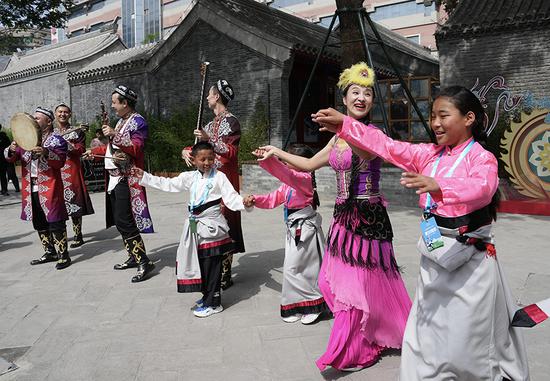
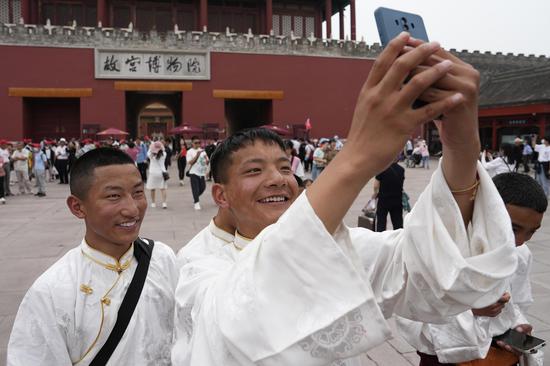
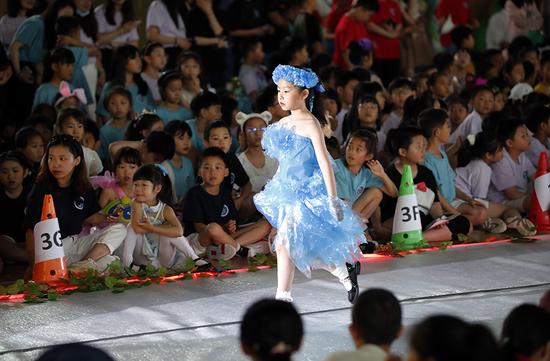
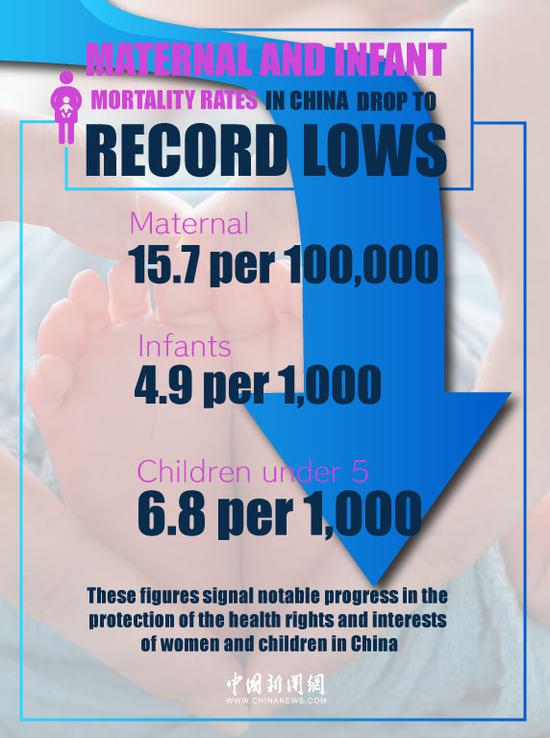

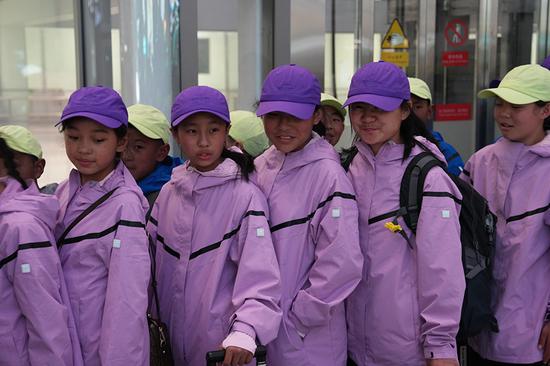




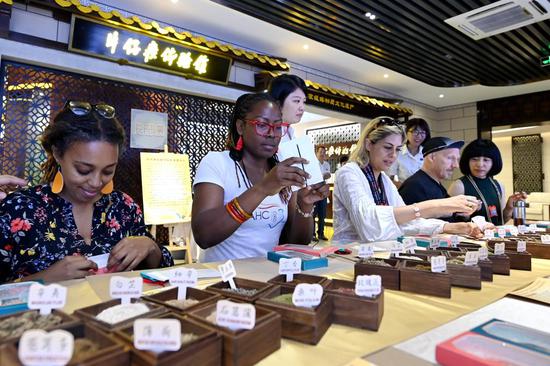






 京公网安备 11010202009201号
京公网安备 11010202009201号